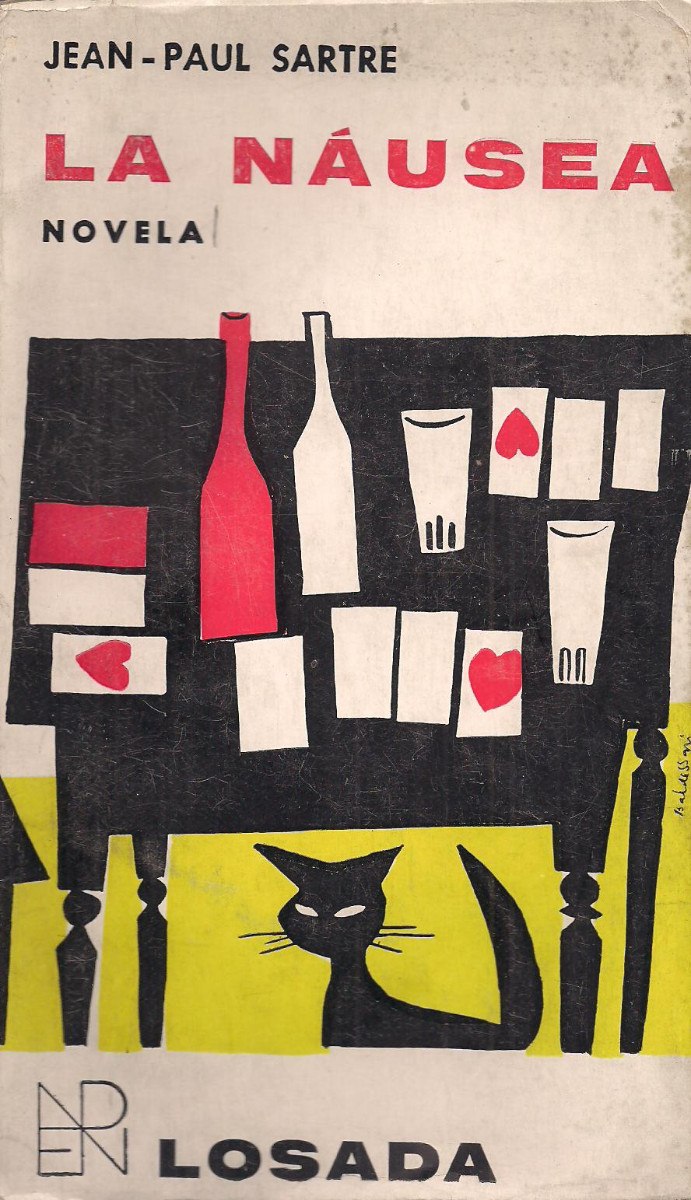
Regrets? Sartre had a few – at least about the money. “But I now understand that when the Swedish Academy has made a decision, it cannot subsequently revoke it.”

“I was not aware at the time that the Nobel prize is awarded without consulting the opinion of the recipient,” he said. Sartre read in Figaro Littéraire that he was in the frame for the award, so he wrote to the Swedish Academy saying he didn’t want the honour. Truly, it’s difficult not to respect his compunctions.īut the story is odder than that. Sartre said that he might have accepted the Nobel if it had been offered to him during France’s imperial war in Algeria, which he vehemently opposed, because then the award would have helped in the struggle, rather than making Sartre into a brand, an institution, a depoliticised commodity. Plus, one might say 50 years on, ça change. He didn’t damn the Nobel in quite the bracing terms that led Hari Kunzru to decline the 2003 John Llewellyn Rhys prize, sponsored by the Mail on Sunday (“As the child of an immigrant, I am only too aware of the poisonous effect of the Mail’s editorial line”), but gently pointed out its Eurocentric shortcomings.

In rejecting the honour, Sartre worried that the Nobel was reserved for “the writers of the west or the rebels of the east”. However, the last pages of his enduringly brilliant memoir Words, published the same year as the Nobel refusal, despair over that function: “For a long time I looked on my pen as a sword now I know how powerless we are.” Poetry, wrote Auden, makes nothing happen politically committed literature, Sartre was saying, was no better. In 1947’s What is Literature?, he jettisoned a sacred notion of literature as capable of replacing outmoded religious beliefs in favour of the view that it should have a committed social function.

Throughout his life, Sartre agonised about the purpose of literature.


 0 kommentar(er)
0 kommentar(er)
